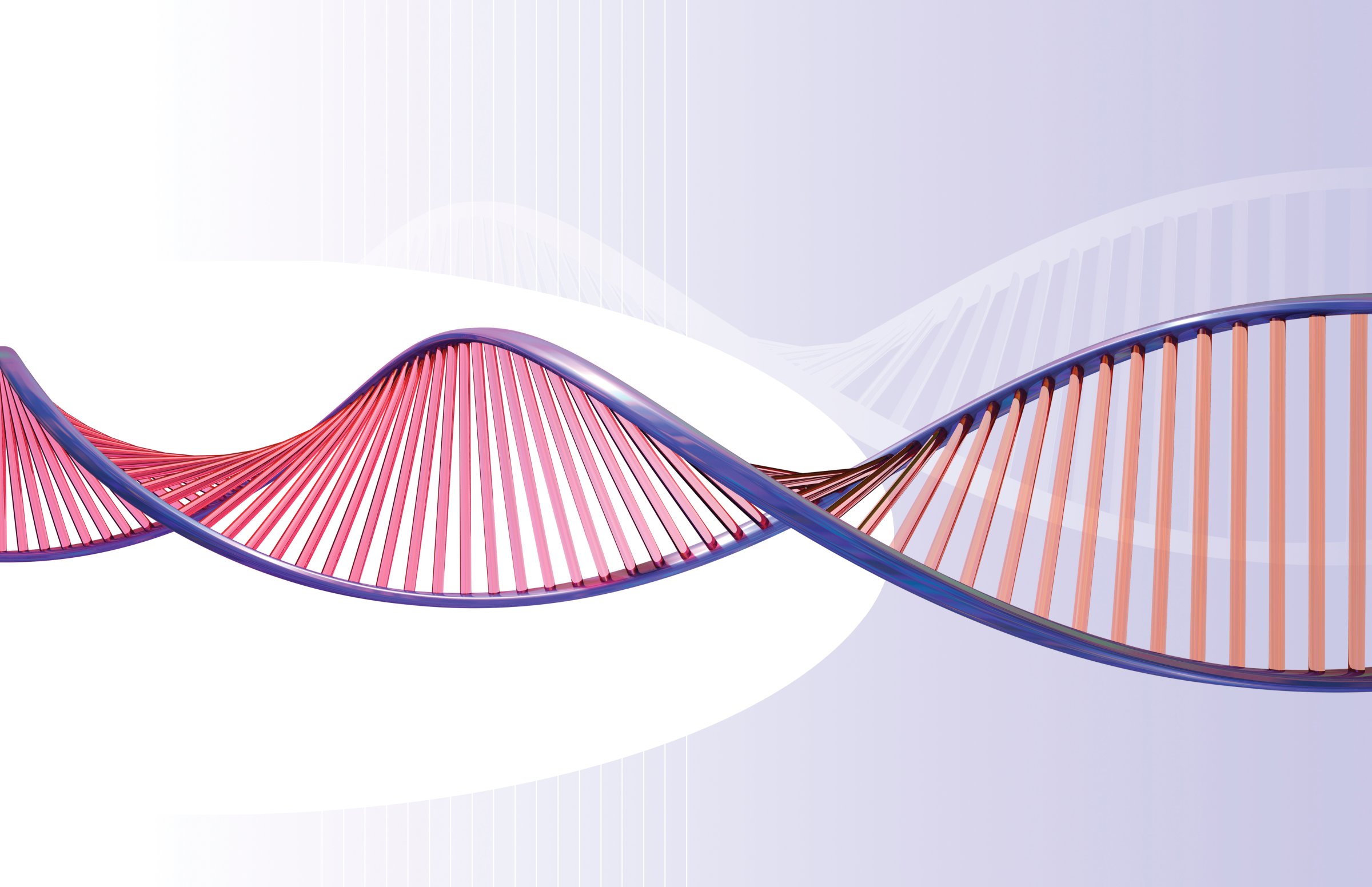
Cancer DNA can provide important clues about the best way to treat the disease, finds a new study published in the journal Nature Medicine.
Doctors can genetically profile tumors by sequencing the DNA from a person’s cancer cells, revealing which mutations are responsible for causing the cancer. By comparing the tumor’s DNA to DNA from the same person’s healthy cells, the scientists can pinpoint which genetic changes were unique to the cancer cells.
In the new research, scientists at Memorial Sloan Kettering Cancer Center (MSKCC) sequenced more than 10,000 tumor biopsies and found that 37% of the people had at least one mutation that could be addressed, either with a prescription for an existing cancer drug or by taking part in a clinical trial testing new therapies. Other patients learned that they could take advantage of some of the newer immune-based therapies that are showing great promise.
These findings are especially encouraging, says Michael Berger, associate director of the Center for Molecular Oncology at MSKCC, since the people in the study all had advanced cancer. That means they had tried traditional therapies that hadn’t worked and needed new options.
“What’s unique about our data set is that we collected samples from patients with advanced, metastatic cancer,” says Michael Berger, associate director of the Center for Molecular Oncology at MSKCC. “A lot of the other large-scale genomic databases look at untreated tumors [when patients are first diagnosed], and they provide a different genomic landscape and makeup than advanced cancers which are collected after several rounds of therapy.”
MORE: How Doctors Cured This Woman’s Brain Cancer
Genetic testing is available at many major cancer centers, but it is still not a routine part of care for all cancer patients. And not all genetic tests look at so wide a swath of genes as the one used by MSKCC in the study, which analyzed more than 340 genetic changes.
Another barrier is that not all insurance companies cover the cost of tumor sequencing, since they aren’t yet convinced that it’s a critical part of cancer care. Berger and his colleagues hope that more data, like the kind provided by this study, will change that.
For now, the technology is most useful for people with advanced cancers that have spread and those who have exhausted all of their treatment options. (For many people with early-stage cancers, existing therapies work well in controlling the disease.) Some hospitals offer commercial tests, but these often look at a limited number of cancer-related genes; the current study shows the value of doing a more comprehensive analysis. Doctors at MSKCC offer the test to people who might benefit from the genetic information, and it is either paid for by their insurance or covered by the hospital’s philanthropic efforts, in most cases.
The main advantage of the database, says Berger, is the fact that it is connected to patients who are currently receiving care at the hospital. That means their tumor profiles are linked to the treatment options they chose and how well they did. This helps other doctors start to identify which treatment options lead to longer survival and better outcomes for people.
That’s why the database is also being made available for free to any cancer doctor who is interested in learning from the information. Berger and his colleagues say that the database will only become more helpful for doctors treating patients, since the information will include how well they did on their various therapies.
More Must-Reads from TIME
- Cybersecurity Experts Are Sounding the Alarm on DOGE
- Meet the 2025 Women of the Year
- The Harsh Truth About Disability Inclusion
- Why Do More Young Adults Have Cancer?
- Colman Domingo Leads With Radical Love
- How to Get Better at Doing Things Alone
- Michelle Zauner Stares Down the Darkness
Contact us at letters@time.com